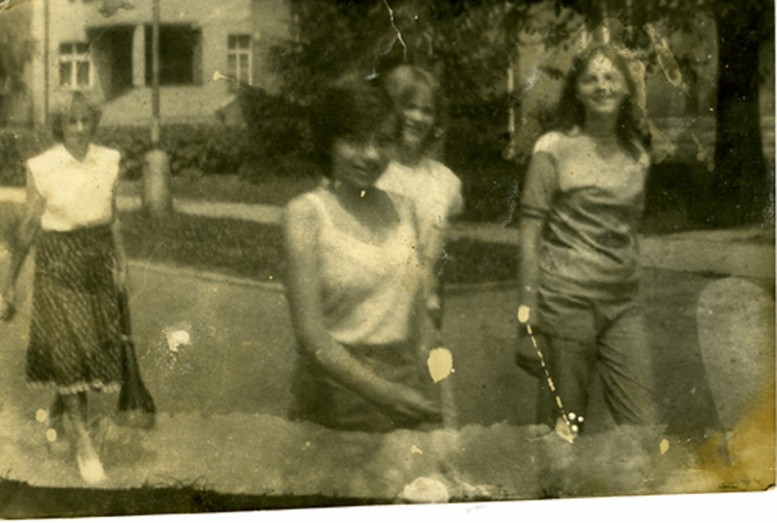Miroslav Tichý, who died only a few weeks ago, began taking photographs in the 1960s, continuing until the late 1980s, accumulating an expansive archive of images. Tichý originally studied painting at the Academy of Fine Arts in Prague, where he was an esteemed painter and draughtsman, taking a lively modernist approach to his artwork. In 1948, with the adoption of communism in Czechoslovakia, artists were enforced to produce work in the socialist realism manner, which Tichý determinedly rejected. In opposition, he and like-minded alumni formed an artist collective, the Brněnská Pětka (Brno Five), staging subversive exhibitions, which attracted continuous state surveillance. In 1957, the artist suffered a mental collapse - he was prone to psychological breakdowns from a young age - and this led to his removal from mainstream society, moving back to his small hometown, Kyjov. He became a non-conformist, eccentric character, half-conscious, half-delusional to his subversive outsider situation. A new exhibition on view at the Wilkinson Gallery in London until June 11 explores the works of Miroslav Tichý. www.wilkinsongallery.com
[OUTSIDERS] MIROSLAV TICHÝ
MIROSLAV_TICHÝ_london

